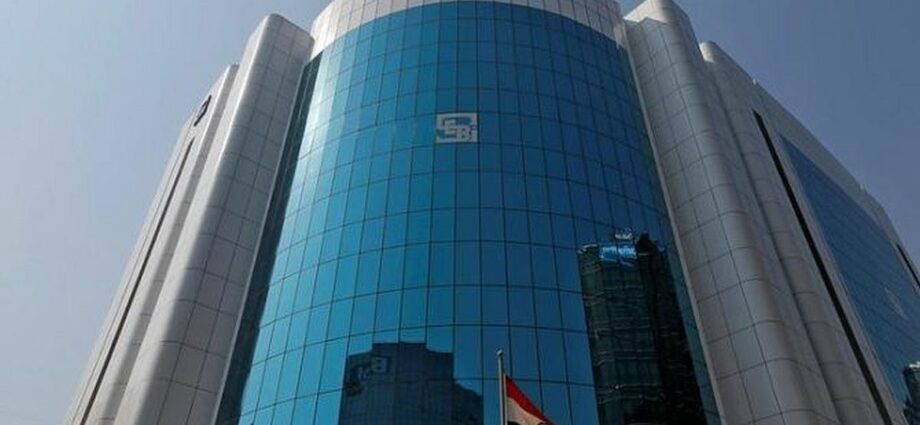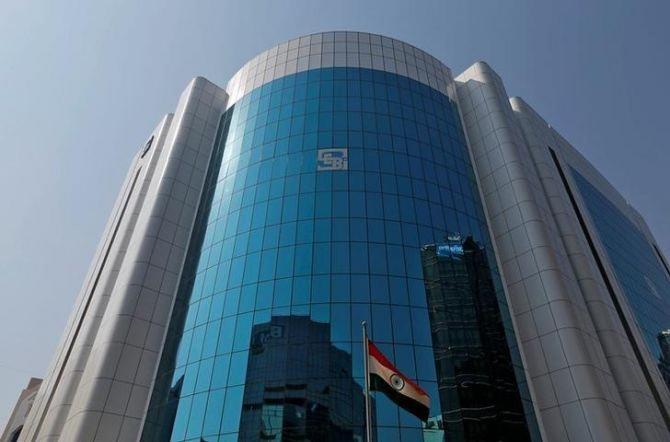The Securities and Exchange Board of India (Sebi), the market regulator, has said, in a submission to the Supreme Court, that it is “enquiring” into the allegations made by American short-seller Hindenburg Research against the Adani Group of companies and its impact on the markets.
In the same matter, the central government has agreed to form an expert committee to strengthen the regulatory regime in order to ensure that market investors are protected.
The Supreme Court had last week suggested an expert committee to look into the allegations and had asked the Centre for its response.
The top court had sought Sebi’s response on regulatory framework modification.
According to its submission note, which has been reviewed by Business Standard, Sebi said it was enquiring into market activities immediately “preceding and post the publication of the report”, to detect if there were violations of its regulations.
“Enquiry is under various provisions of SEBI (Prohibition of Fraudulent and Unfair Trade Practices relating to Securities Market) Regulations, 2003, SEBI (Prohibition of Insider Trading) Regulations, 2015, SEBI (Foreign Portfolio Investors) Regulations, 2019, Offshore Derivative Instruments (ODI) norms,” the note said.
It is also looking at violations, if any, of short-selling norms, the submission said, adding, as the matter was in early stages of examination, it might not be appropriate to list details about the ongoing proceedings at this stage.
On the proposed expert panel, Solicitor General (SG) Tushar Mehta, who is appearing on behalf of the Centre, said Sebi and other regulatory agencies were fully equipped, not only regime-wise but also otherwise, to take care of the situation.
Hence, the Centre has no objection to the constitution of a committee as suggested by the apex court, he added.
The government has agreed to give the court, in a sealed envelope, the names of domain experts for the proposed committee.
Explaining the market fall, Sebi said the US entity was a short-seller that did research on companies it thought had governance and/or financial issues.
Its strategy is to take a short position in bonds/shares of such companies at prevailing prices.
It further said if the markets believed the reports, the prices of the bonds/shares started falling.
“Once the fall starts, other institutions who have ‘stop loss limits’ also start selling their holdings of bonds/shares irrespective of whether they believe the report or not, thus triggering a downward spiral in the bond/share prices,” the note added.
The regulator also said in respect of the group under discussion, it had several listed companies in India other than the two recent acquisitions.
During the time when there was a significant rise in share prices of the companies of the group, Sebi’s ASM (additional surveillance measure) framework, which is designed to control excessive volatility in stocks (both price increase and price decrease), was triggered on numerous occasions, for long periods of time, and they acted and served as advice to investors in terms of the higher level of risk related to the higher level of volatility in those shares.
Hindenburg in its report has stated the group’s short positions were in dollar bonds in overseas markets and non-Indian traded derivatives.
Adani group shares continued to struggle on Monday following a report of cutting down capex and the growth trajectory.
The market regulator said in the context of the two petitions filed before the court, the guardrails it had put in place were automatically triggered when ASM became repeatedly applicable to the shares in the group, both when the prices were going up and recently when prices started falling.
The court is hearing the petitions filed by advocates M L Sharma and Vishal Tiwari.
Sharma’s plea seeks the prosecution of Nathan Anderson of Hindenburg Research and his associates in India and the US for allegedly exploiting investors and the “artificial crashing” of the Adani group’s stocks.
Tiwari’s plea sought the court’s direction to set up a special committee to oversee a policy for sanctioning loans of more than Rs 500 crore given to big corporations.
Source: Read Full Article
-
Asian Markets Trading Mostly Lower
-
Dispatches From The Picket Lines: Game Show Day With Mikey Day In Busy New York; L.A. Sees Action At Amazon, Fox
-
Taylor Swift’s New Version Of ‘Speak Now’ Out In July
-
Electric two-wheeler registrations recover in July but very modestly
-
Tucker Carlson Posts First Installment of New Show on Twitter


